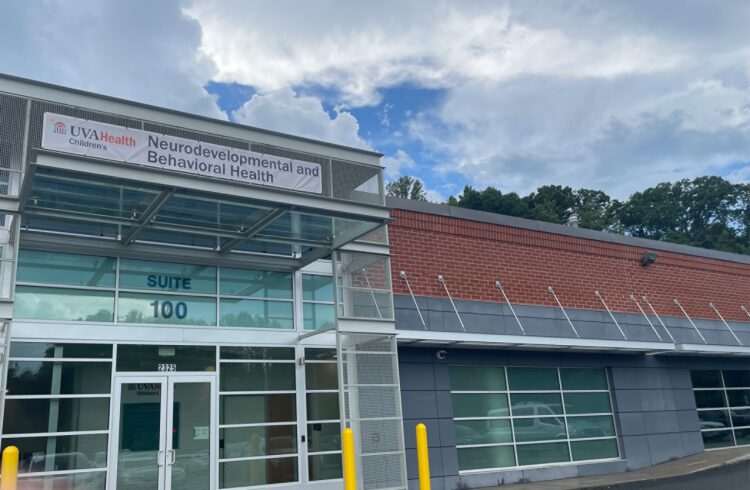
Rajesh Balkrishnan, PhD
A new study has found a troubling lack of adherence to a potentially lifesaving treatment regimen among breast cancer patients who take opioids to manage their pain.
The treatment, adjuvant endocrine therapy, commonly known as hormone therapy, is used to prevent the cancer from returning after surgery, chemotherapy or radiation therapy. Opioid use, however, was “significantly associated” with both failure to adhere to the hormone therapy and a higher risk of death, the study found.
Overall, the study found “really suboptimal” adherence to hormone therapy among the women on opioids, said researcher Rajesh Balkrishnan, PhD, of the School of Medicine’s Department of Public Health Sciences. “It’s not a big secret that the U.S. uses more opioids than any other country in the world,” he said. “Clearly there has to be better management of opioids in the elderly cancer population.”
One researcher cautioned that the opioid crisis sweeping the country may be causing doctors to become too cautious about prescribing the powerful drugs, even when appropriate and much needed. “A lot of doctors feel worried about prescribing them,” said researcher Leslie Blackhall, MD, a pain-management expert at the UVA Health System. “People feel judged for prescribing them.”
Appropriate Use of Opioids
Blackhall suggested that the lack of adherence to the adjuvant endocrine therapy, as seen in the study’s findings, may be due to the pain involved in the therapy, rather than because of the opioid use, as some might assume. The pain, she said, is why the patients need powerful opioids in the first place.
“The main problem is that these hormonal medications … have so many side effects that women do not want to take them. They can cause really severe joint and muscle pain in a significant number of women,” Blackhall said. “These women switch from one agent to the other but still can’t tolerate them. They are then given opioids for the pain, which may or may not help. The opioids may themselves add to the mortality, but we don’t know. More data is needed.”
Breast Cancer and Opioids
Up to 60 percent of breast cancer survivors suffer chronic pain related to their treatment, the study notes. Survivors often face 10 years of adjuvant endocrine therapy to keep the cancer from coming back – a long time to comply with any treatment regimen, but especially if suffering poorly managed pain.
To better understand the relationship between opioid use and the hormone therapy, the researchers looked at treatment adherence among more than 10,000 women, with an average age of 72.3, using the National Cancer Institute’s expansive SEER database. They found that women who were younger, single and had more advanced cancer all were more likely to be on opioids, as were women with depression.
Women who received chemotherapy and breast cancer surgery were more likely to take opioids, but this was not the case for women receiving radiation therapy. This may be because of new, more targeted radiation therapy that causes less pain, the researchers hypothesized.
Using Opioids Safely
Researcher Virginia LeBaron, PhD, of the School of Nursing, is a former medical oncology staff nurse and palliative care nurse practitioner. “These results underscore the importance of a balanced approach to the utilization of prescription opioid medications,” she said. “By balanced approach, I mean that it is critically important we ensure that prescription opioid medications are accessible to cancer patients who need them, but at the same time we must ensure we have appropriate systems in place to mitigate risk and reduce potential harms related to these medications.”
The researchers have published their findings in the scientific journal Breast Cancer Research and Treatment. Blackhall noted that the article is intended to foster dialogue and spur additional research. For example, clinical trials might compare opioids with non-opioids for managing cancer pain or identify patient subgroups that would most benefit from certain approaches to pain management. “This study was really just a way to bring attention to the problem and the need to provide better care for patients,” she said.



